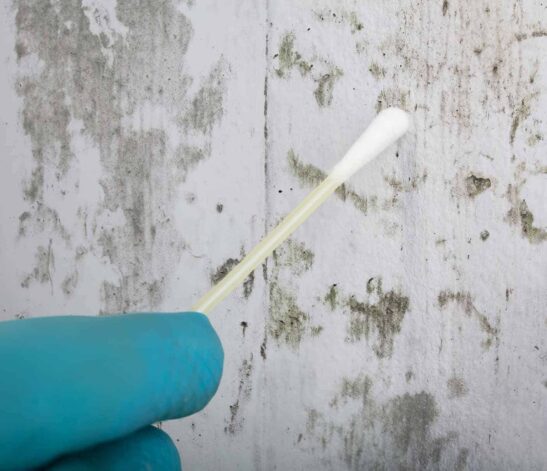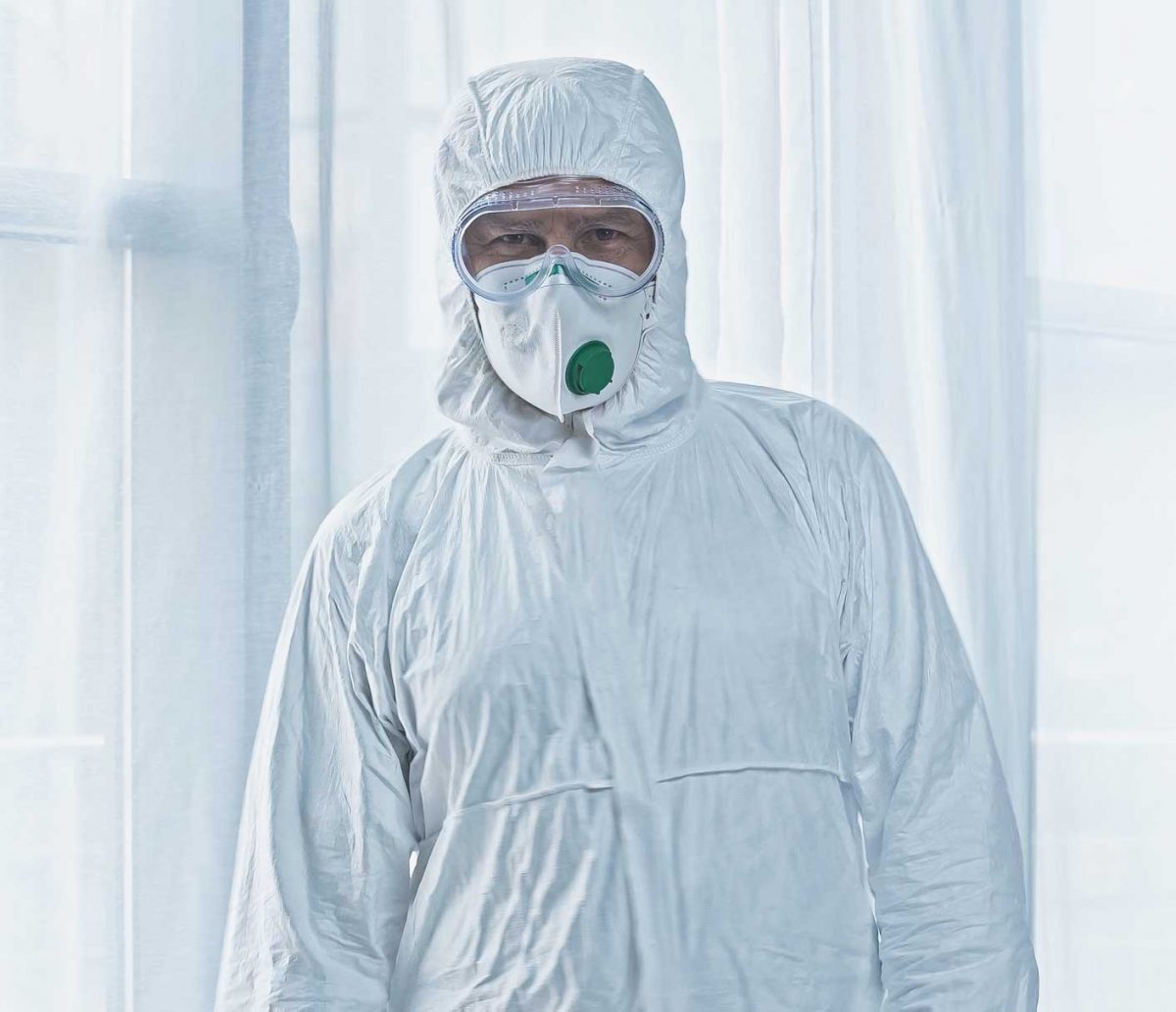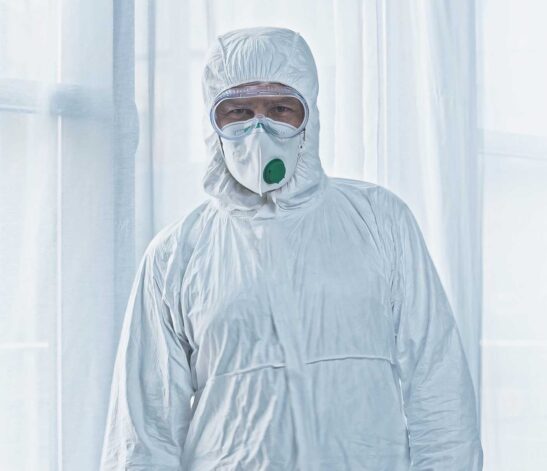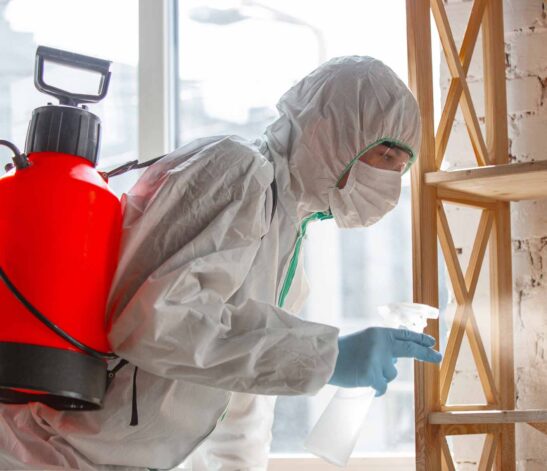Drug Contamination in Rental Properties: What Every Tenant and Landlord Should Know
Australia is facing an increasing problem with drug contamination in rental properties, particularly from methamphetamine (meth). Whether from previous tenants smoking, using, or manufacturing illicit substances, residue can pose serious health risks to new occupants. As a result, more landlords, property managers, and tenants are becoming aware of the importance of drug testing in rental homes.
How Does Drug Contamination Occur?
Drug contamination in rental properties usually happens in several ways:
Meth Use Inside the Property – When meth or other drugs are smoked or used indoors, residue can settle on walls, carpets, ceilings, and ventilation systems.
Over time, this builds up and can remain long after the user has left.
- Meth or Drug Manufacturing (Clandestine Labs) – Properties used as meth labs or for manufacturing other illicit drugs pose an even greater risk.
- The chemicals used in drug production are highly toxic, and contamination can seep into porous materials like wood, plaster, and even concrete, making thorough decontamination difficult and expensive.
- Storage or Handling of Drugs – Even if a property was not used for drug use or production, exposure to significant amounts of illicit substances can still leave harmful residues.
Health Risks Associated with Drug Residue
- Exposure to drug residue can lead to a range of health problems, particularly in young children, pregnant women, and those with existing health conditions. Common symptoms include:
- Persistent headaches
- Respiratory issues
- Skin irritation and rashes
- Sleep disturbances
- Behavioural issues in children
- Dizziness and nausea
Because drug residue is often invisible and odourless, people may be exposed for months without realising the source of their symptoms.
Why Landlords and Property Managers Need to Take Action
For landlords, renting out a contaminated property can lead to legal liabilities, expensive clean-ups, and difficulty finding future tenants. Under Queensland’s Residential Tenancies and Rooming Accommodation Act, landlords are required to provide tenants with a clean and safe living environment. If a property is found to be contaminated, they may be responsible for decontamination costs, which can range from a few thousand dollars to complete demolition in extreme cases.
How to Detect Drug Contamination
The only reliable way to detect drug residue is through professional testing.
Signs that a property may be contaminated include:
- Stains or unusual chemical smells
- Yellowish-brown residues on walls or ceilings
- Tenants displaying unexplained health symptoms
- Suspicious property history (such as frequent short-term rentals or past police activity)
- Complaints from neighbours about unusual activity
What to Do If a Property Tests Positive for Drug Contamination
If drug contamination is confirmed in a rental property, landlords should:Seek professional advise from there real estate for contact Meth Test Brisbane for remediation. Hiring a professional decontamination service to safely clean and restore the property.
Inform future tenants and provide evidence of decontamination to comply with legal obligations.
Consider insurance coverage for potential remediation costs.
At Meth Test Brisbane, we provide reliable in home drug testing services for your investment to help landlords, property managers, and tenants protect their properties and health. If you suspect drug contamination in your rental property, contact us today for professional testing and peace of mind. https://methtestbrisbane.com.au/contact-us/







